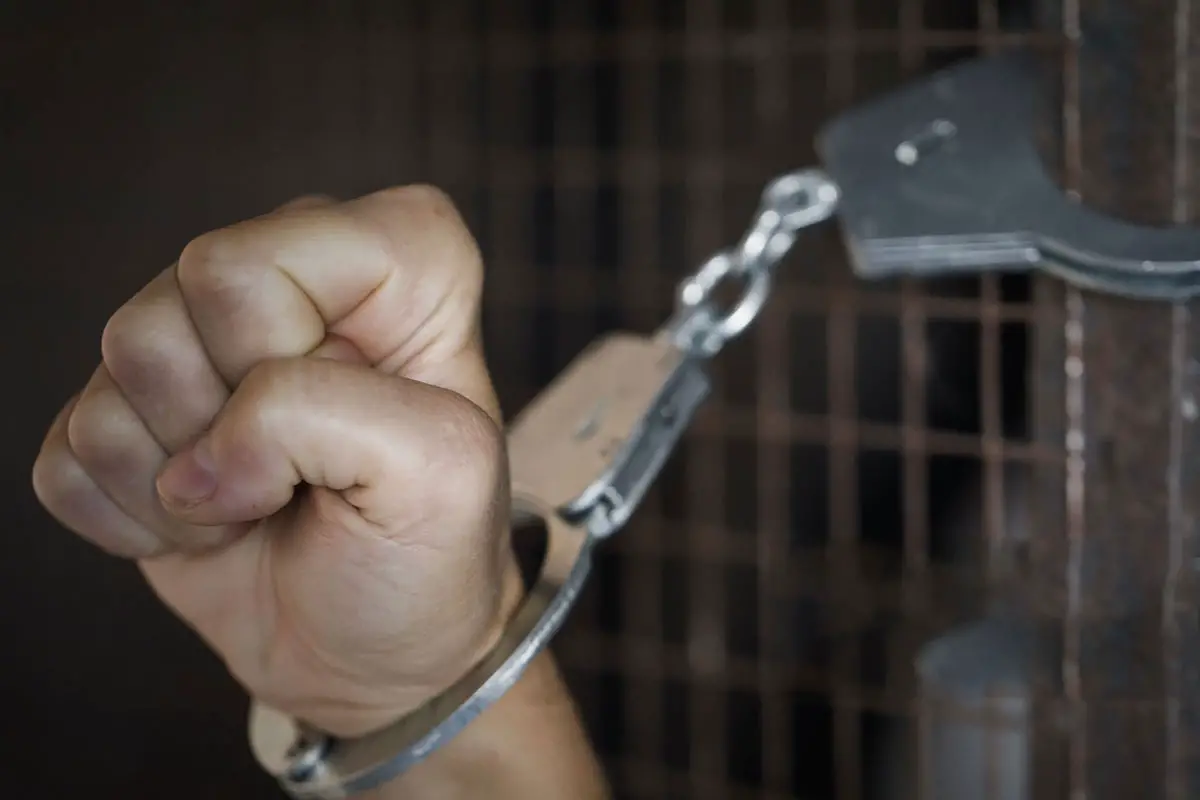Probation Violations: Debunking the Myth of Automatic Jail Time
Navigating the complex landscape of probation violations demands a clear understanding of the intricacies surrounding this legal territory. Often perceived as an alternative to incarceration, probation grants individuals an opportunity to reintegrate into society under specific court-mandated conditions. However, the looming question persists: “Do you automatically go to jail for violating probation?” Let’s unravel this web of uncertainty and explore the nuanced reality.
The Outcome: Not an Automatic Jail Sentence
Contrary to common belief, violating probation does not automatically lead to jail time. The final judgment hinges on several factors, including the nature of the violation, your compliance history, and the discretion of the presiding judge.
Impact of Probation Violations: A Closer Look
Understanding the implications of probation violations, especially in regions like Orlando and Lakeland, involves recognizing two distinct avenues for breaching probation terms.
1. Arrest Warrant and Sentencing
When a probation violation occurs, an arrest warrant may be issued, underscoring the gravity of the situation. Judges also have the authority to impose a tailored sentence, adding layers of complexity and making the judge’s influence pivotal in determining the outcome.
2. Technical Violations: A Temporary Halt
Technical violations, non-criminal infractions like missed appointments or failed drug tests, may not lead to immediate incarceration. Instead, they often result in alternative measures such as probation adjustments or additional requirements to address the underlying issues. This introduces a temporal dimension, temporarily suspending progress until the violation is resolved.
Categorizing Probation Violations: Technical vs. Substantive
To comprehend the spectrum of actions that may lead to probation violations, it’s crucial to distinguish between technical and substantive violations.
a. Technical Violations
These involve non-criminal infractions related to probation conditions, such as missed appointments or failed drug tests. Prompt resolution is essential to maintain compliance and avoid legal consequences.
b. Substantive Violations
Engaging in new criminal activities while under probationary terms falls under substantive violations. These can range from felonies to criminal traffic offenses and are considered more severe, potentially leading to probation revocation and incarceration.
Safeguarding Your Rights in Probation Violation Proceedings
Navigating probation violation complaints requires a clear understanding of the rights protecting individuals in this legal landscape.
1. Right to a Fair Process
You have the fundamental right to a fair process, including being informed of the violation’s nature, the evidence against you, and the opportunity to present your defense.
2. Right to Present a Defense
You can present a defense, calling witnesses, providing evidence, and countering prosecution claims.
3. Right to Legal Representation
The right to legal representation is pivotal. An attorney can advocate for your interests, navigate legal complexities, and ensure your rights are upheld.
4. Standard of Proof: Preponderance of Evidence
Understanding the lower standard of proof in probation violation cases is crucial. The prosecution must show it’s more likely than not that you violated probation.
5. The Role of the Judge
In probation violation proceedings, the judge evaluates evidence, listens to arguments, and makes decisions without a jury. Their role is central to determining the outcome.
6. Potential Consequences
Understanding potential consequences, ranging from modified terms to probation revocation and incarceration, is crucial.
Factors Weighed During Probation Violation Hearings
In these hearings, certain key factors influence the judge’s decision and the case’s outcome.
- Nature of the Violation: Examining the type and seriousness of the violation.
- Your Behavior: Evaluating your actions during the probation period.
- Prior History: Considering your compliance history.
- Effectiveness of Alternative Measures: Assessing the potential success of alternative measures.
- Community Safety: Evaluating the potential risk posed to the community.
- Mitigating Circumstances: Taking into account any factors that might mitigate the violation’s impact.
Conclusion: Navigating the Probation Labyrinth
The question of automatic jail time for probation violations is intricate, dependent on factors such as violation type, history, and the judge’s decision. Seek legal advice, address problems promptly, and clarify misunderstandings to protect your rights and pave the way for rehabilitation in the legal world.
FAQ’s
Is Jail Time Automatic If I Violate Probation? No, violating probation doesn’t guarantee automatic jail time. Consequences depend on factors like the violation’s nature and your history.
What Determines Whether I Go To Jail For A Probation Violation? The outcome is influenced by various factors, including the type of violation, your past compliance, and the judge’s discretion.
Are Technical Violations Treated Differently Than Substantive Violations? Yes, technical violations are typically less severe, leading to alternative consequences. Substantive violations can result in harsher outcomes.
Can I Receive A Notice To Appear Instead Of An Arrest Warrant For A Violation? Yes, for certain violations like misdemeanors, a judge might send a “Notice to Appear” instead of issuing an arrest warrant, acknowledging varying degrees of violation severity.
What’s The Role Of A Judge In Probation Violation Cases? The judge evaluates evidence, listens to arguments, and decides the appropriate response, ranging from warnings to modified terms or, in severe cases, jail time.

